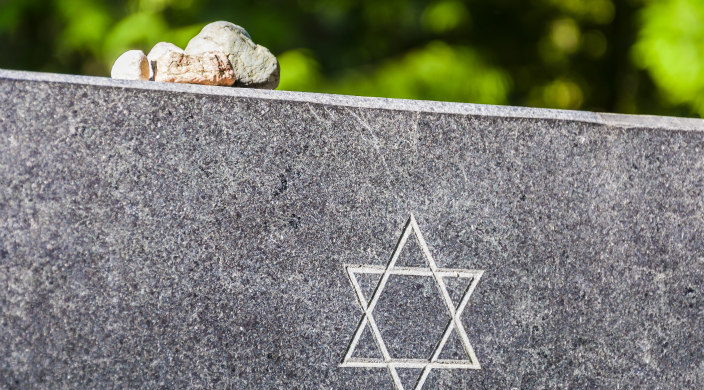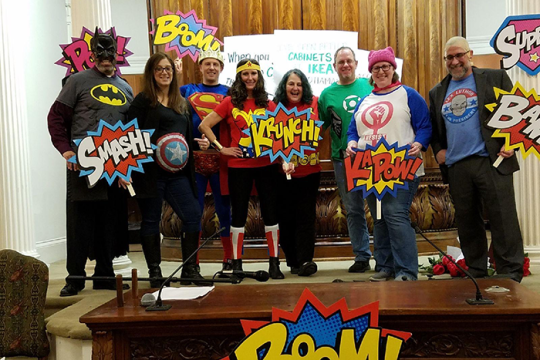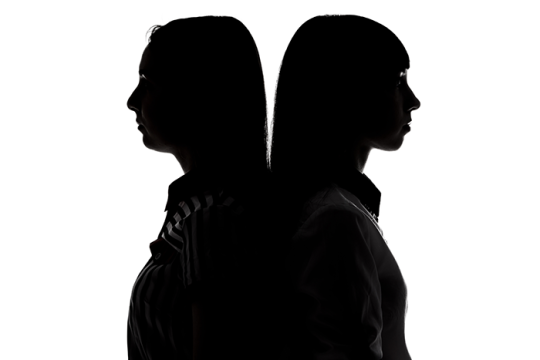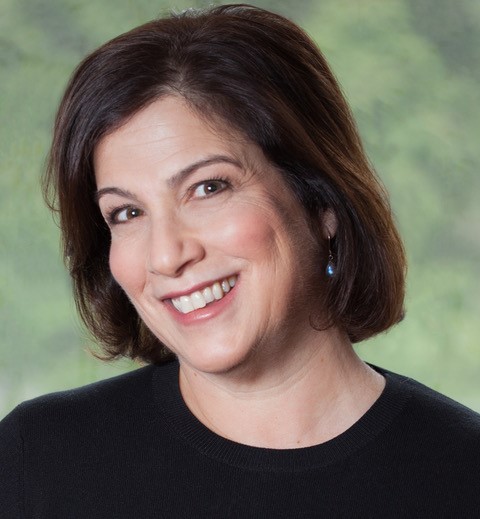
Recently, as I’ve done every February for 32 years, I stopped to think about Marilyn Klinghoffer.
Maybe you’ve never heard of her. Or maybe you’ve forgotten. But for a brief moment in 1985, Marilyn Klinghoffer was a household name – and the reason I remember her is because she changed my life.
It started that September, when I was an aspiring journalist in a dead-end editing job, and I landed an interview at a trade-publishing company. Assuming the HR manager would be a suited-up corporate type, I was shocked when a tiny, gray-haired woman welcomed me into her office. She beamed as I described my qualifications and assured me she’d find me a home with one of the company’s numerous magazines. Then she held my hand and walked me back to the elevator bank.
Held my hand? Career experts universally agreed, back then, that for a woman to succeed in business, she had to look and act like a man. Yet here was a successful businesswoman who looked and behaved like one of my great-aunts at our Passover seder. I instantly adored her.
Her business card read “Marilyn Klinghoffer.”
Back at my old job later that week, I learned that a coworker had once worked for that same publisher, so I asked him how he liked it. Tony didn’t have many good things to say about the organization, but he was effusive about Marilyn. Evidently, she kept up with the hires she placed, and he’d often go to her office to chat or ask advice. Ultimately, I came to share his views on her company, and although I would have liked a motherly friend at the workplace, that didn’t seem a good enough reason to change jobs.
A few weeks later, Marilyn unexpectedly made headlines, as Palestinian terrorists hijacked the Mediterranean cruise ship – the Achille Lauro – that she and her husband, Leon, had boarded for an anniversary celebration. Seeing her name felt so strange, as no one I knew had ever been mentioned on the front-page of The New York Times, much less for such a nightmarish reason. I threw my coins on the newsstand ledge and grabbed a copy of the Times each morning to see what had had happened overnight. At work, I’d check with Tony, hoping he’d read some promising tidbit I’d missed.
Two days later we learned that the terrorists had been captured, and all on board were believed safe. But that happy news was short-lived. Tony came into my office late that afternoon, apparently having heard a radio bulletin. “They killed him,” he sputtered, and I knew he was talking about Marilyn’s husband. “They shot him and threw him overboard.”
For days, I could hardly focus on anything else. I envisioned an old man in a wheelchair being tossed like trash into the ocean. I pictured the couple’s two adult daughters, whom I’d read about in the paper, celebrating the presumed release of their parents, only to learn that their father was dead. I considered sending a card, but I felt uncomfortable intruding on their privacy. I had spent less than an hour with their mother. I was a stranger.
Still, she transformed me. Until that fall, I’d been convinced that life was supremely conquerable – that if you were ambitious and worked hard and always treated people with respect, you could be a star. But that horrible week showed me that people weren’t shooting stars at all. We were something quite different – billiard balls maybe, careening from side to side, crashing into walls and other balls. And it wasn’t our ambitions that determined where we ended up next; it was just those unplanned crashes.
A few weeks after the hijacking, Marilyn testified in Washington, D.C., before the House Committee on Foreign Affairs. She looked so small and incredibly frail in the newspaper photos. An article said she was battling cancer, and many of those quoted suggested that her hellish experience had accelerated her illness. I was not surprised to read that she died that February.
It was merely by chance that I ended up in Marilyn Klinghoffer’s office that September morning. Still, I remember her vividly, which speaks to the lesson I learn anew each year at this time, a lesson at the heart of our Jewish teachings: Life may be fragile, but what endures is the impact we have on each other – the effects of those billiard-ball-like collisions.
Last month, for the 32nd time, I thought about a tiny woman with short grey hair, who beamed when I spoke and held my hand as she bid me goodbye.
I thought about her, and I smiled.
Related Posts

Extraordinary Ordinary Heroes

Women of Valor: Revisiting Biblical Role Models


